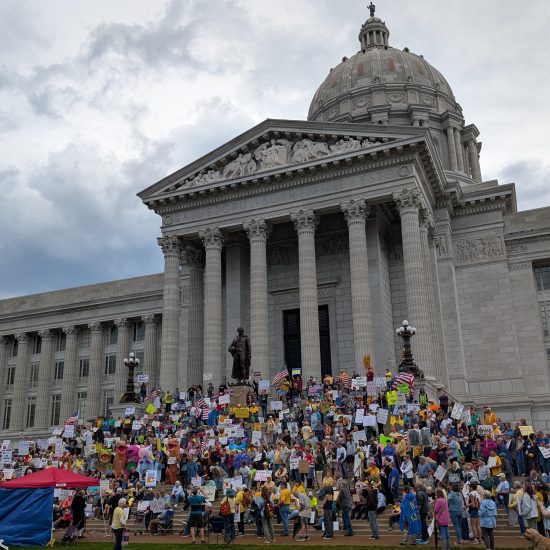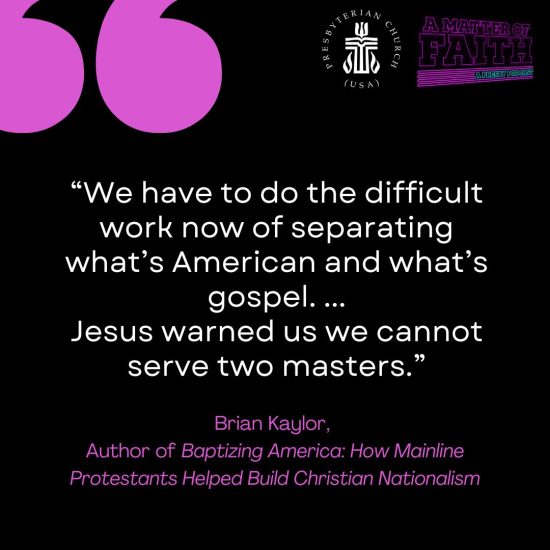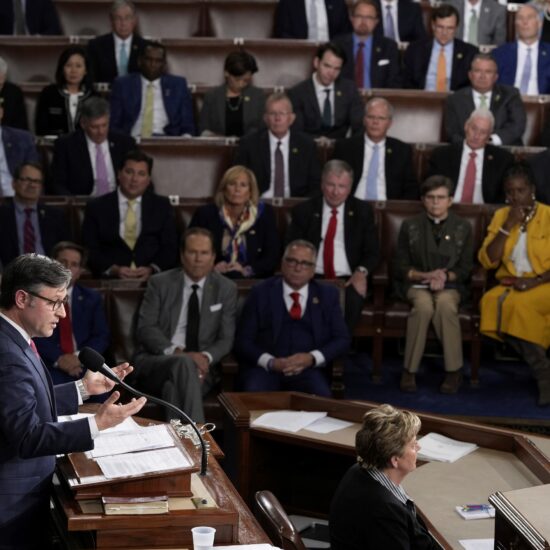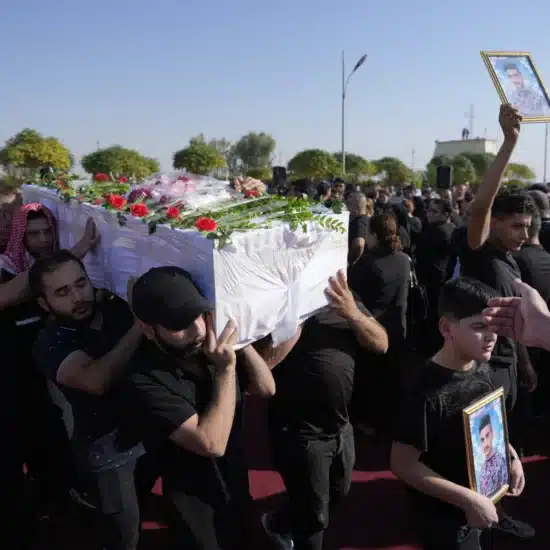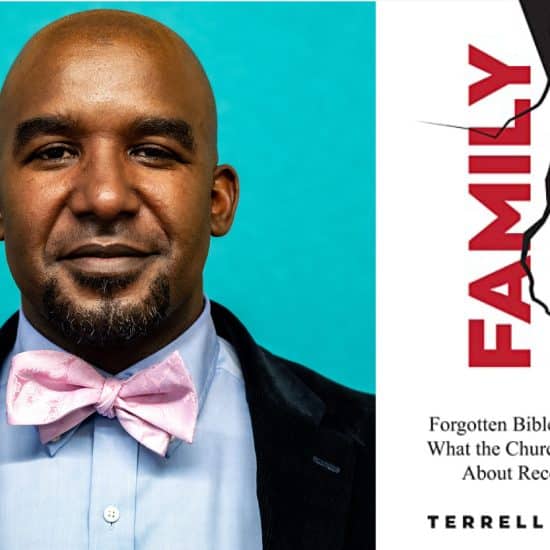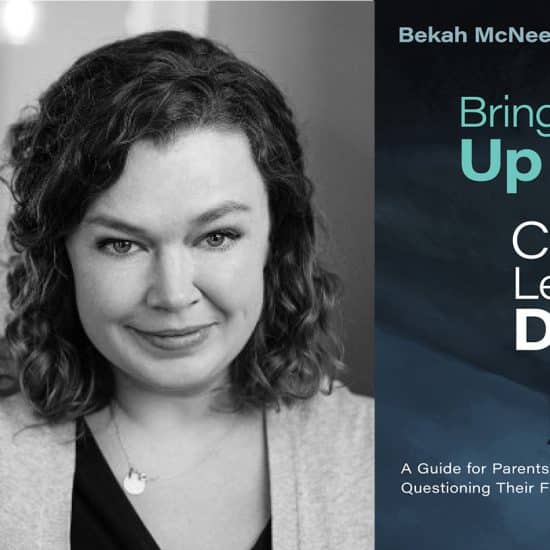ATLANTA — A document written three-quarters of a century ago to protest rising nationalism in Nazi Germany's Protestant churches provides instruction for American Christians navigating through today's culture wars, say a Baptist ethicist and Methodist filmmaker working together against torture.
Sunday, May 31, marks the 75th anniversary of publication of a statement that came to be known as the Barmen Declaration. Drafted by Swiss Reformed theologian Karl Barth, the six-point declaration challenged the popular "German Christian" movement, which at the time was lending theological support to Hitler's National Socialist (Nazi) party.
Many modern Christians assume that theologians who opposed Hitler, like Dietrich Bonhoeffer and Martin Niemoller, were the norm in Germany's Protestant church. But in reality a majority of Germany's Christian leaders viewed Hitler as a gift from God and the best hope for restoring national pride dashed in the aftermath of World War I.

Filmmaker Steven Martin explored complicity between church leaders and Adolf Hitler in a documentary film "Theologians Under Hitler."
|
"The story that has been prevalent since World War II is the common idea that the church was persecuted, that everybody could see clearly what was going on, but they had to no real power to do anything," said Steven Martin, a Methodist minster turned documentary filmmaker. "There could be nothing further from the truth."
Meeting May 29-31, 1934, in Barmen-Wuppertal in northern Germany, 139 clergymen from Lutheran, Reformed and United churches publicly disagreed with the leadership of the German church and its willingness to follow the orders of the Third Reich. It marked the beginning of what became known as the "Confessing Church," which declared the Bible, not the state, would be the church's supreme authority.
While emerging from a particular time in history, the Barmen Declaration laid the theological groundwork for Christian activism on later issues like apartheid, economics and the environment.
"The Barmen Declaration stands the test of time as a ringing affirmation of Christian integrity in a time and place in which that integrity was under unprecedented challenge," said David Gushee, distinguished university professor of Christian ethics at Mercer University.
"In Nazi Germany, German Christians had to decide whether they were [Nazi] German or genuinely Christian," Gushee said. "These leaders, on the basis of scriptural authority and a careful reading of Christian tradition, made the right choice."
Gushee, an expert on the Holocaust and Christian resistance to the Nazis, said by modern standards, the Barmen Declaration didn't say everything it could have said. For example, it didn't directly address the persecution of Jews then unfolding across Germany. But it did say a lot, Gushee said — as witnesses the fact that other Christian resistance movements have cited the declaration in the years since.
In 2008 Gushee published The Future of Faith in American Politics, a book arguing that there is an "emerging evangelical center" distinguished from the Religious Right. Gushee defined one mark of that center as a "Barmen ethic" of political independence from governments and political parties as the church seeks to follow Christ.
"American Christians need to decide whether we are Christians or Americans first," Gushee, who writes an Associated Baptist Press column, said. "We need clarity about the discontinuities between these two identities and the dangers of confusing the one with the other."
Martin, who currently works with Gushee as executive vice president of Evangelicals for Human Rights, in 2005 produced "Theologians Under Hitler," a documentary screened at the Cooperative Baptist Fellowship General Assembly in 2006. It explored support for Hitler by leading German theologians including Gerhard Kittel. Kittel was founding editor of the Theological Dictionary of the New Testament, a multi-volume resource still widely used in seminaries today.
Last fall Martin released Elisabeth of Berlin. The documentary marked the 70th anniversary of Kristallnacht, the "Night of Broken Glass," which many mark as the beginning of the Holocaust.
After witnessing vicious, state-sanctioned violence against Germany's Jewish community on Nov. 9-10, 1938, Martin says in the film, there were only about two or three of Berlin's pastors preached on it the following Sunday.
"The fact of the matter is, the Confessing Church was a very small minority," Martin said. Even many within the Confessing-Church movement thought Bonhoeffer, who eventually was executed for taking part in a plot to assassinate Hitler, was too radical.
"There are a handful of people who got it," he said.
Gushee said like those at Barmen, Christians today need "the sturdy resources of Scripture and Christian tradition to resist the siren songs of nationhood and peoplehood and, yes, national security."
Bob Allen is senior writer for Associated Baptist Press.

